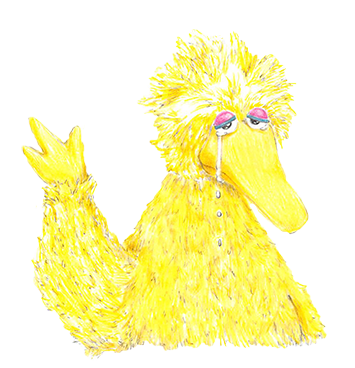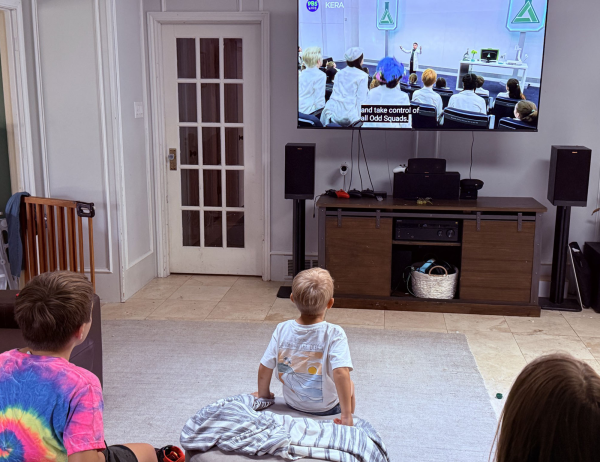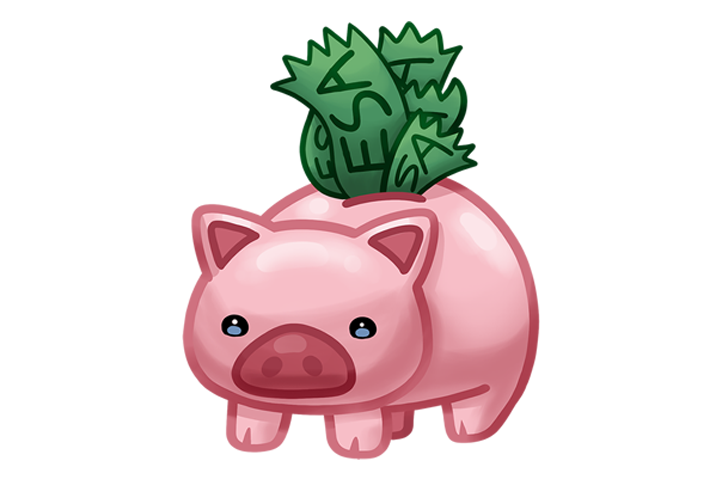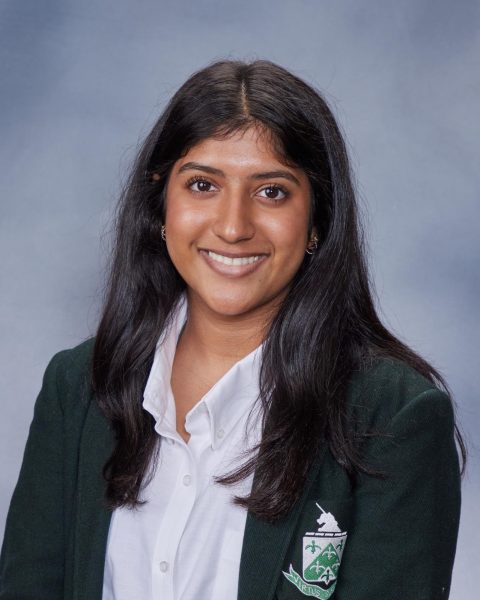
If you grew up watching shows like Wild Kratts, Daniel Tiger’s Neighborhood or Sesame Street, you have the Public Broadcasting Service (PBS) to thank.
But, on May 1, Executive Order 14290 blocked the Corporation for Public Broadcasting (CPB) from funding the National Public Radio (NPR) and PBS, stating, “neither entity presents a fair, accurate or unbiased portrayal of current events to taxpaying citizens.” In other words, the republican administration has critiqued the CPB for its alleged lack of fairness and impartiality it promised to uphold.
With this order, long-running television shows like Clifford the Big Red Dog and Reading Rainbow will no longer receive “Ready to Learn” grants that have allowed free educational content to reach American households.
Dr. Stephen Balog, AP Physics and Astronomy teacher who is a father of four, predicts that funding cuts will undoubtedly take a toll on education.
“With children’s programming, that’s going to have the biggest impact because not every kid can afford books,” Balog said. “So, sometimes the TV is the next best thing.”
Funding cuts affect families who rely on PBS for educational programming as part of their after-school household routines or who have limited access to after-school activities.
Upper School Mathematics teacher Karla Bosco said PBS Kids has provided invaluable support to her four children over the years.
“My kids’ letter recognition and phonics skills have immensely improved, which are strengths they may not have gained so easily without PBS,” Bosco said. “PBS serves as one of the only avenues for some children to receive education when they’re not at school. If that’s taken away, we’re going to lose something very valuable.”

Bosco adds that watching PBS shows with her children has helped her develop skills as a parent to support her children’s education.
“I actually love watching PBS with my kids because I learn strategies I can use with them that directly benefit their growth and development,” Bosco said. “I’ve seen so much improvement even in their emotional regulation.”
When she’s not available to watch with her children, Bosco said she can trust PBS programming without worrying if her children will be exposed to content she hasn’t consented to.
“I know from personal experience that the content is appropriate for the age group, and that’s why I chose it,” Bosco said. “It’s developmentally appropriate and it’s parentally approved. That’s the exact reason why I don’t allow my kids to use sites like YouTube or even YouTube Kids, because I just can’t trust that those programs have their best interest at heart.”
These funding cuts also stretch beyond shows targeted for children and will affect PBS channels with adult demographics.
CBS News National Climate Correspondent and Reporter, David Merrill Schechter, has worked in broadcasting for over 30 years and has seen the field face challenges when political priorities shift.
“Support for public broadcasting has ebbed and flowed frequently during changes of administration,” Schechter said. “Networks in trouble, like PBS, might seek private funding from the donations of organizations.”
PBS Distribution also has an international arm that broadcasts both American and foreign-created content.
“We’re going to see other countries like Mexico, Canada, England and Australia step up and fill in that void [in educational programming] because the need isn’t just for American programming,” Balog said. “It’s worldwide, and America may just be left behind.”







